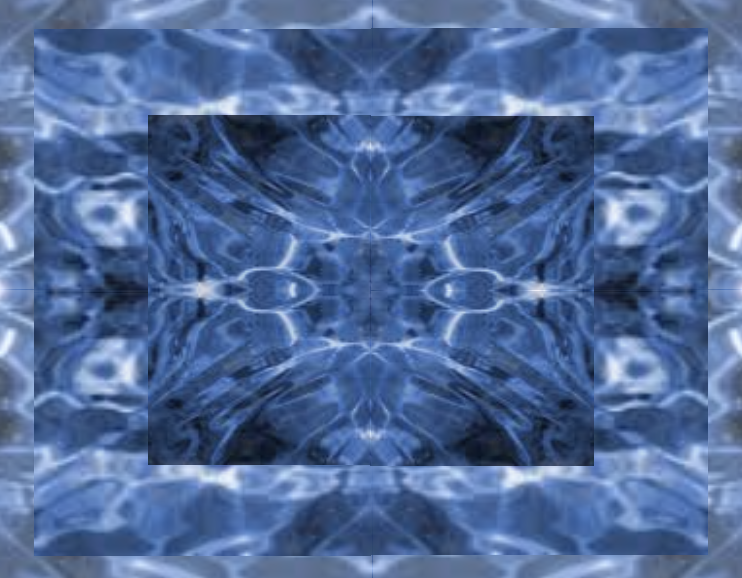A while ago, I have posted some reflections on “the mirror of Narcissus”, a phrase that Tim Wu uses to characterize the Instagram culture of mass self-presentation in pictures.
That phrase implies some kind of narcissism. And at first glance, it seems to have a point: the prominent type of picture on such networks is the “selfie” self-portrait, and many profiles and photo streams fall into the genre of “snapshots and stories from my life”, i.e. a stylized self-presentation of the user’s lifestyle. (It’s a stylized presentation, to be sure, and also very selective and often carefully curated. Nowadays, few people still fall for the error of thinking that it is an accurate reflection of the user’s real life.) And given the time and energy many users spend on it, one might suspect a kind of emotional bind here: an obsession with one’s “image”, as it is presented on the network. To put it in a slogan: a kind of narcissism.
But is that just a vague association with an old myth, or is there a deeper connection?

1. As I have already pointed out in that earlier post, the parallels are not as deep as it seems.
For one thing, in the myth Narcissus falls in love with his image as such, not with the attention and feedback from other people (expressed, on Instagram, in numbers, i.e. “followers” and “likes”). It is doubtful whether the self-portrait obsession on Instagram can really count as self-“love”, if it is dependent on such a fickle thing as popularity.
Also, the mythical Narcissus gets immortalized and enflowered whereas the Instagram user in today’s narrative gets either diagnosed with a disorder (“social competence and the ability to form real-life relationships degenerate”) or else is pitied and politicized as victim of a profiteering tech-industry. And although there may be truth to both these perspectives, the point here is that they are very different from that of the myth.
2. And there is another, even deeper difference. As Hillman points out (at DU 221-222n34): “Narcissism does not account for Narcissus and even falsifies the story. Narcissus does not know that it is his own body he sees in the pool. He believes that he is looking at the beautiful form of another being. So it is not self-love of his ‘own’ image (narcissism), but the love for a vision that is at once body, image, and reflection.”
Narcissism, as it is understood today, has a rather tenous connection with the myth from which we borrowed its name. This applies already to the larger culture, including the psychoanalytic tradition (if I understand the thrust of Hillman’s comment correctly.) But it certainly applies to the mindless use of terms such as “narcissism”, merely because “there’s that old story where a youth fell in love with his own image, reflected in a pool of water…”, and so on.
3. To be sure, we can always understand “narcissism” simply as a technical term, meaning just what we define it to mean. If we use “narcissism” as a shorthand for “an obsession with other people’s perceptions of oneself”, then Wu’s use of the phrase (“mirror of Narcissus”) is right on target.
However, if we understand “narcissism” to imply a more intricate complex of self-absorption and self-love, then we should be wary of using it in the context of social media addiction. We would wrongly read an obsession with self-presentation (on social networks) as self-love, that is, a self-directed attitude. What it really is is a craving for popularity, combined with a rather one-dimensional dependence on a single means for achieving that popularity (i.e., self-presentation on the social network).
But craving for popularity is not a self-directed attitude at all. It is squarely directed at externals: for one thing, attention is directed at signals from others (indicators such as “likes” and the like); for another, behavior is targeted, often manipulatively, towards others too, in order to influence their perceptions. Likewise, depending narrowly on social networking as a means to achieve popularity is to put focus externally once again: rather than, say, embarking on a path of self-searching or self-improvement, time and energy gets spent on interaction with the network (which is as external as it gets).
Finally, if we understand “narcissism” neither as a techical term nor as referring to self-love, but instead as primarily expressing the Narcissus story (of the ancient myth), then we would be even further removed from it, right? For that story is not even concerned with self-love (if Hillman is right), let alone one’s external relations, expressed in one’s popularity.
4. Not so fast. It’s true, the interpretation of Narcissus as in “self-love” may be falsifying the story; but aren’t we taking the old myth too literally if we assume that it cannot be about external things such as popularity?
After all, the story is mythical, and thus should be read metaphorically. And we might interpret it as presenting, in its mirror symbolism (the reflection of Narcissus’ image on the water surface), precisely what we observe as obsessive behaviors in our actual world (posting selfies, hunting followers, …). If the mirror-gazing of the myth represents, metaphorically, these behaviors, then we wouldn’t be talking about self-love, but we might be actually talking about the same thing as the myth, after all.
This regained congruence with the myth comes at a price, though, for now we have to spin the story to its conclusion. In the myth, Narcissus ends up a flower: beautiful, but also immobilized. We have to read this metaphorically as well; perhaps it means that our culture, obsessed with presenting ourselves in images, produces more and more beautiful imagery in exchange for becoming static and immobilized, finally evolving backwards into plant-like (yet beautifully photographed) dumbness. Perhaps, in a few decades, there will be a humanity solely kept alive by a technology layer for the purpose of being visualized, rather in the way in which we grow flowers in our parks today.
Disturbing though this sounds, if we cling to the myth as interpreted along the social media narrative, then I think this dystopian fantasy would be what it has to tell us about our future.



